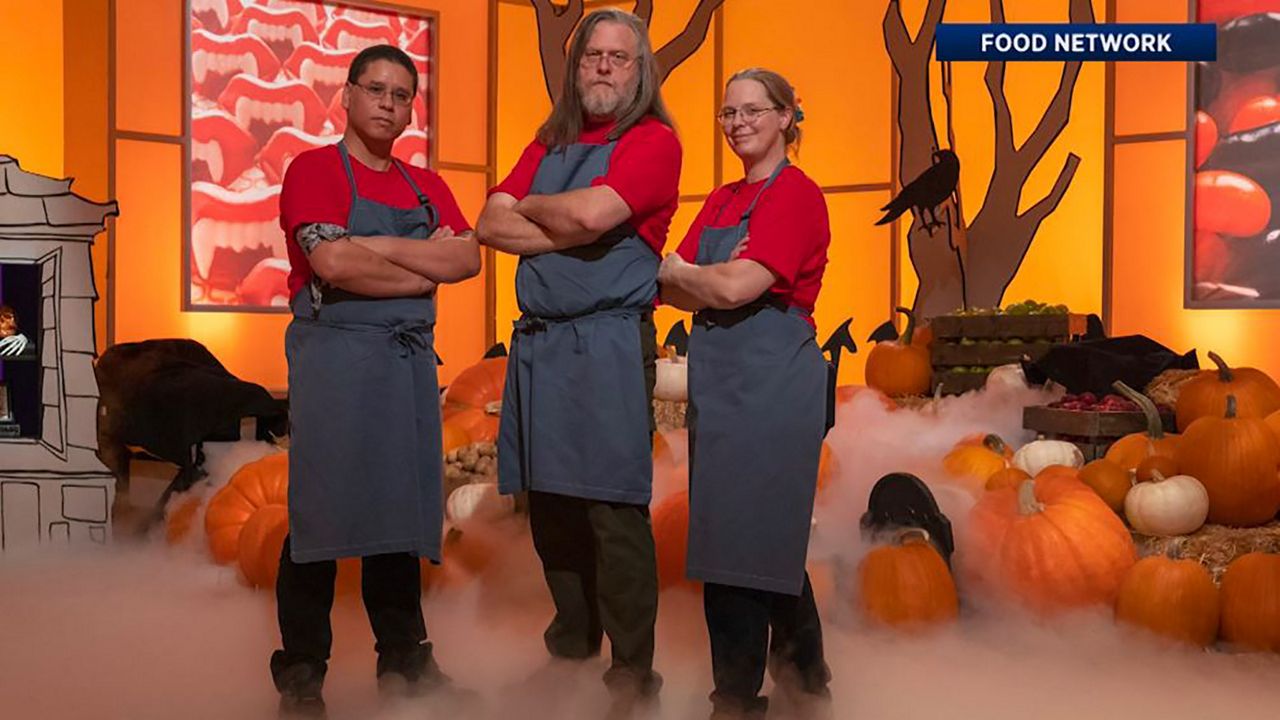CLEVELAND, Ohio — The tragic passing of actor Chadwick Boseman to colon cancer is sparking conversation across the country bringing awareness to the cancer. Spectrum News One talked to a doctor about the importance of early screening and how colon cancer impacts the Black community.
Dr. Charles Modlin is a urologist at the Cleveland Clinic. He’s also an advocate for minority health issues and health disparities. Dr. Modlin said 55,000 people are expected to die from colon cancer each year, and there are about 160,000 new cases every year.
“It’s the third leading cause of cancer deaths in the United States. And again, more so in men. You know it’s felt to be, the incidents in men, in people of color, men of color, is thought to be up to 20 percent higher.”
So what’s causing the higher impact on Black men?
“Some of the contributing factors are lack of access to health care, lack of access to quality health care. When individuals don’t undergo screenings, the colorectal cancer is not detected in early treatable stages,” said Dr. Modlin.
It’s also thought that genetics plays a role in people of color being at higher risk for colon cancer. Dr. Modlin said diet is another contributing factor.
“Obesity, lack of physical activity, the types of diets we consume. If we consume a diet that is high in red meat or high fatty content. Alcohol consumption, excessive alcohol consumption. Smoking is a huge risk factor.”
Modlin said getting screened early is the key to surviving colorectal cancer. He said the standard age to begin screening is 50, but it could be earlier depending on your family history.
“If you have a first degree relative who has had colorectal cancer, then actually the recommendation is that you should start screening five years earlier than when that individual was first diagnosed. So in some instances, you know, people may have to start screening much earlier than age 50,” said Dr. Modlin.
If you are considering screening for colon cancer, there are different ways to be tested.
“The gold standard is the full colonoscopy. That’s where physicians will take a little telescope and insert it up into the colon — the entire colon — and visually inspect the lining of the colon to determine if there’s any colorectal cancer or polyps. And there are also some less invasive screening tests, even some in-home testing kits you can use or utilize to screen for colorectal cancer in the privacy of your home,” said Dr. Modlin.
Dr. Modlin said the at-home testing kits aren’t as sensitive for detecting colorectal cancer as the colonoscopy, but he said it’s a good starting point for someone who may not want to go through the bowel prep. He said if you do an at-home test you should follow up with your doctor for additional screening.




